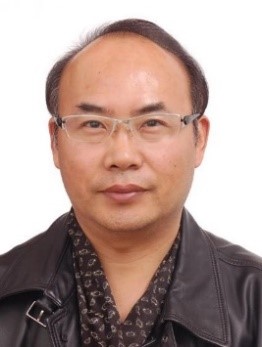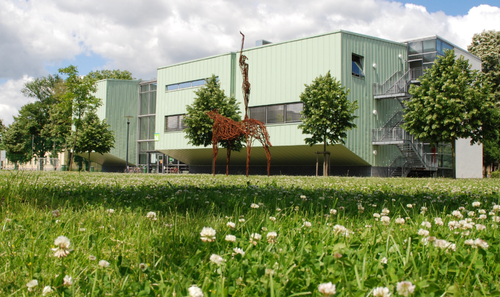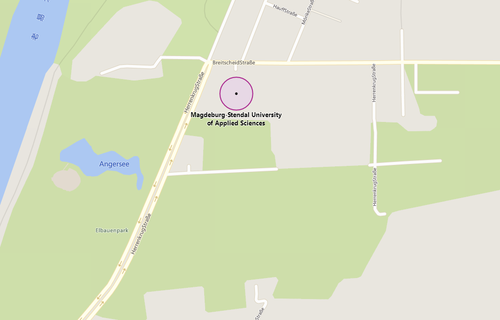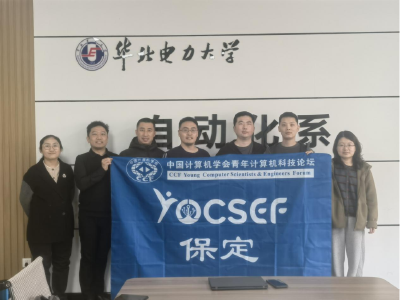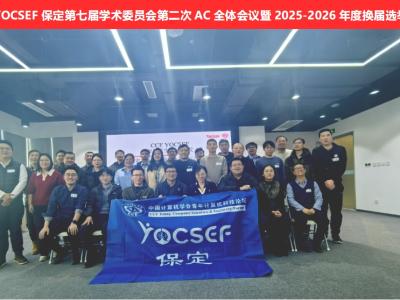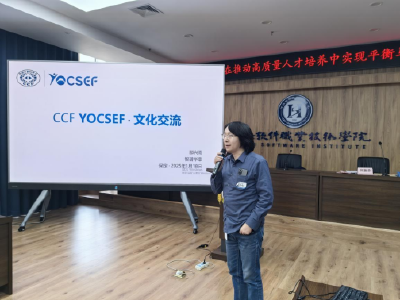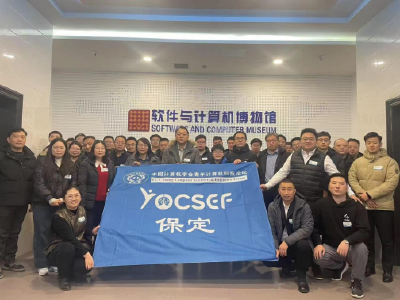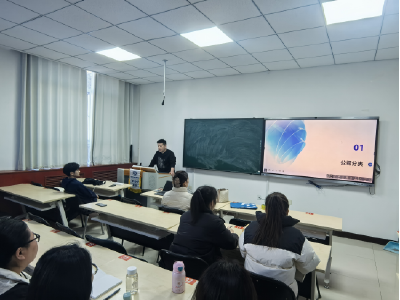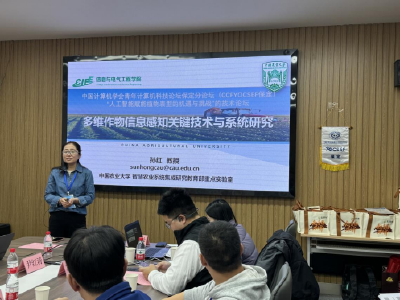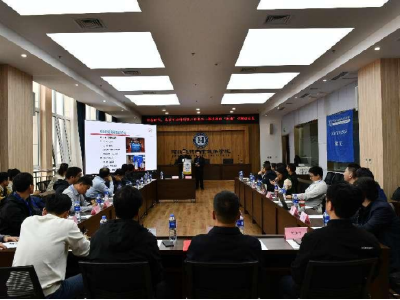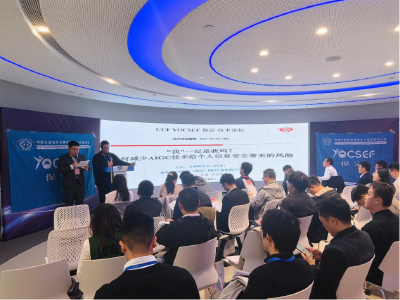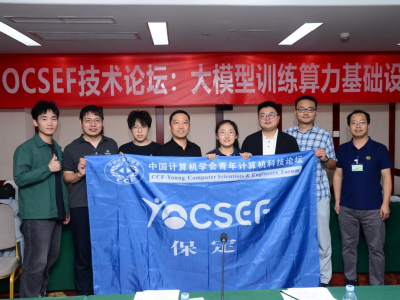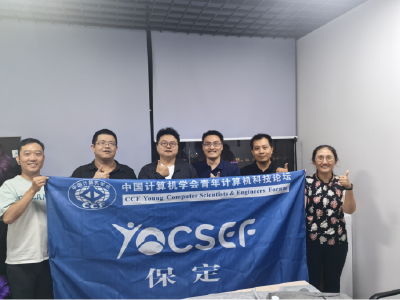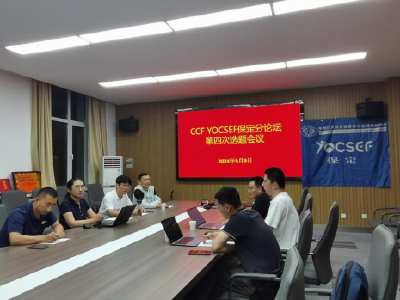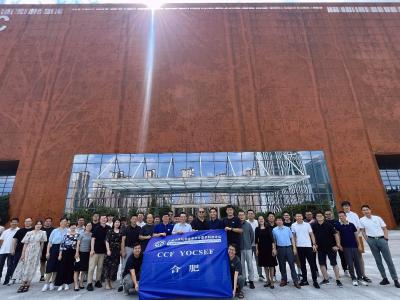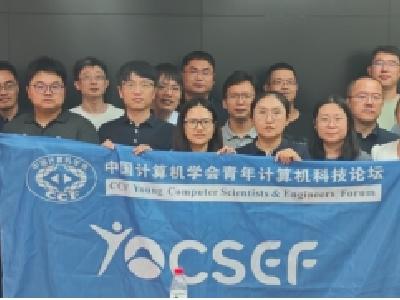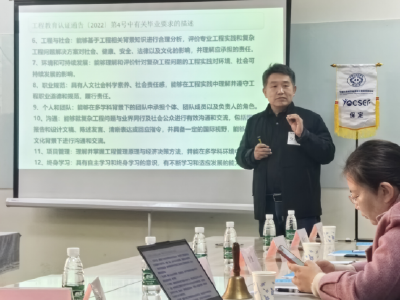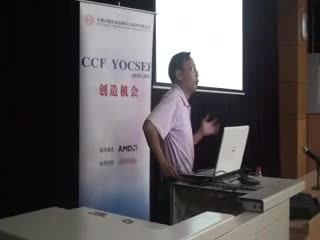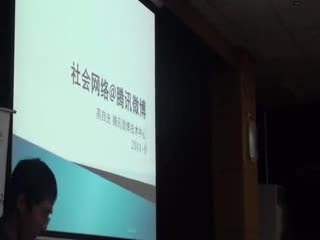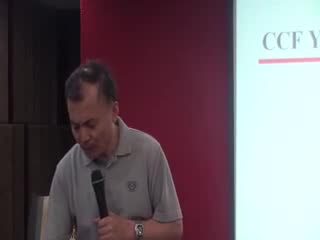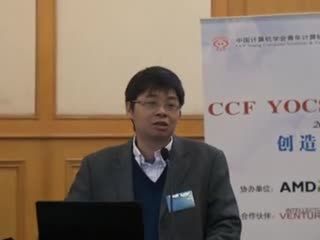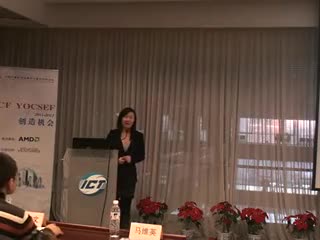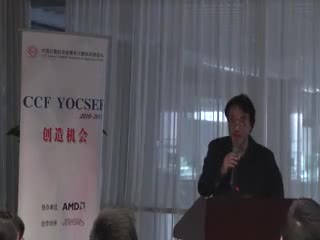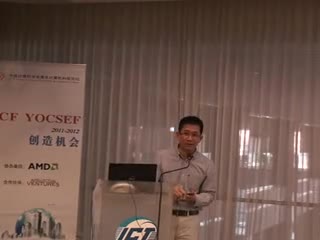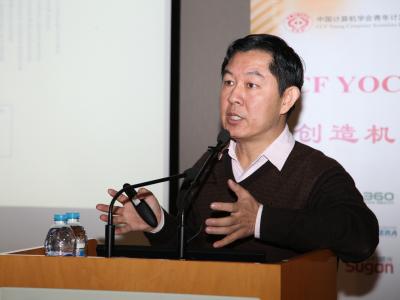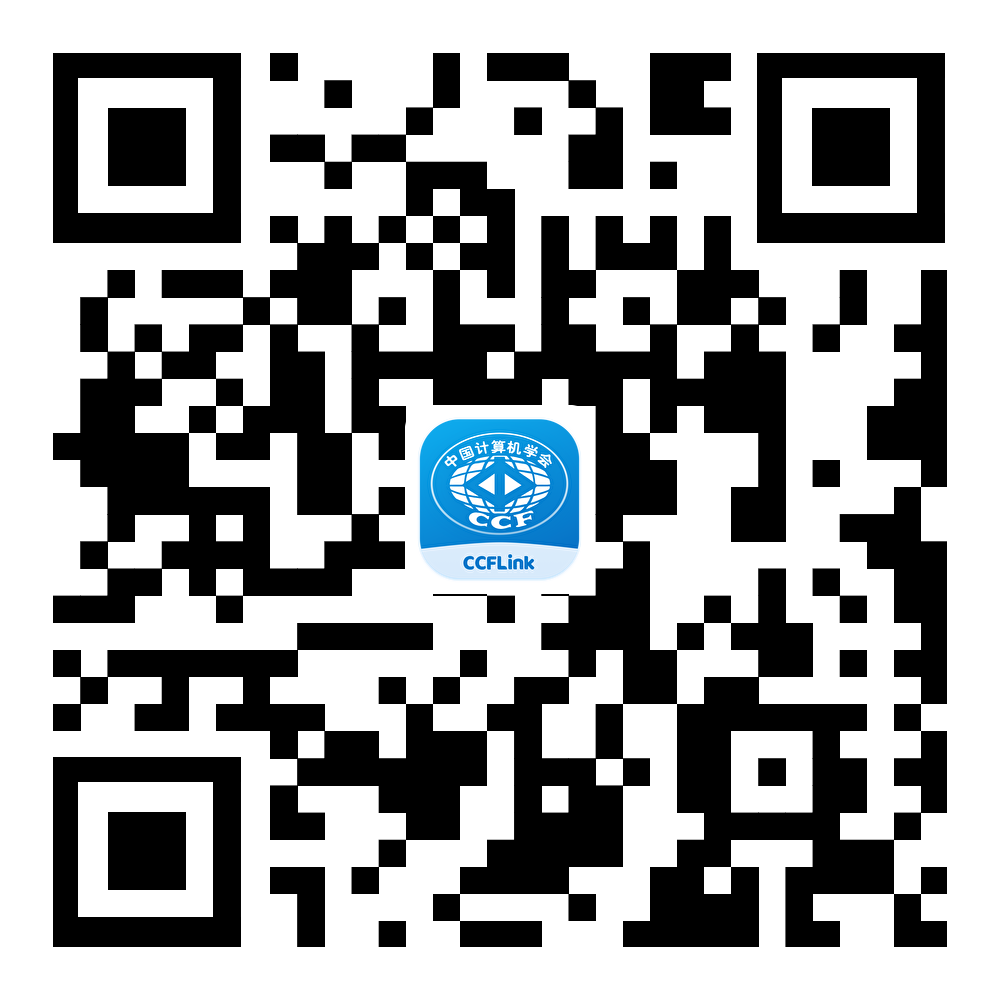CCF Young Computer Scientists & Engineers Forum
Guangzhou
CCF YOCSEF Guangzhou
Technology-enhanced Learning (TEL) for Higher Education in China:
The Opportunities and Challenges
Time: Sep. 23, 2019 15:00 – 18:30
Location: Hörsaal 1, House 14 – Lecture Hall, Magdeburg-Stendal University, Campus Herrenkrug, Magdeburg, Germany
Technology-enhanced Leaning (TEL) describe the application of information and communication technologies to teaching and learning for the purpose of motivating and engaging the learner. It refers to: the adoption of technology in order to promote a better classroom experience for students or increase e-learning pedagogic activities; a learning process that is supported by the use of educational, virtual and online communication technologies; an approach to the provision of distance, blended, and classroom-based learning experiences through the use of a full range of information and communications technologies undertaken by communities of educational researchers, designers, information and communications technologists, and media specialists. It depicts a teaching and learning strategy where technology facilitates the efficiency of learning for individuals and groups, providing the transfer and sharing of knowledge in organizations, and understanding of the learning process by exploring connections among human learning, cognition, collective intelligence and technologies, and even artifacts.
TEL is important for many reasons. It is not only important because it is the standard of education that is expected today, but it can also improve education. More recently, we see that TEL is taking over education in the form of different types of educational software. TEL is transforming and enhancing education and educational institutions beyond recognition.
Host: CCF
Organizer: CCF YOCSEF Guangzhou
Program
|
15:00-15:30 |
Registration |
|
15:30-15:40 |
Introduction of the forum |
|
15:40-16:10 |
Equipment and technology environment development in primary and secondary schools Prof. Wenqing Lv, project leader, Ministry of Education of the People's Republic of China Wenqing Lv, adjunct professor, project leader of the Innovation Education and Curriculum Reform Experimental Zone, Ministry of Education of the People's Republic of China, and the former dean of the Zhongguancun Innovation Research Institute (Beijing). He was the headmaster of middle schools, the director of provincial and municipal teaching and research section, and the chairman of the academic committee of an university. His main research areas include education policy, strategic planning, curriculum construction, learning environment, technology and education integration. He is the PI of more than 16 national and international cooperation projects, the author of 21 books and 320 articles, as well as the member for the development of 110 courses. |
|
16:10-16:20 |
Break |
|
16:20-18:20 |
Discussion: Technology-enhanced Learning (TEL) for Higher Education in China: The Opportunities and Challenges Q1: What is the status and development trend of TEL for higher education? Q2: TEL for higher education: opportunities and successful applications as you know Q3: AI in education: technology driven education vs education lead technology? Q4: challenges and opportunities: integrating technology into teaching and learning in higher education Q5: What is the differences between China and other countries in TEL for higher education and what is your suggestion?
Invited guests: Marcel Pikhart, Faculty of Information Technology and Management, University of Hradec Králové, Czechia Jianqiu Tian, School of English, Peking University, China Jing He, Invitation Center, Guangdong University of Foreign Studies, China |
|
18:20-18:30 |
Close summary |
Chair: Tianyong Hao, South China Normal University, CCF YOCSEF 19-20 Chair
Location
Hörsaal 1, House 14 – Lecture Hall, Magdeburg-Stendal University, Campus Herrenkrug, Magdeburg, Germany
University of Applied Sciences Magdeburg-Stendal which was founded in 1991. 1:30 hours ride west of Berlin, located in the east of the capital of the state of Saxony-Anhalt, the green campus stretches along a large park next to the beautiful river Elbe. The forum will mainly take part in the auditorium building, house 14, of the University of Applied Sciences Magdeburg-Stendal. This building is featured with a lot of enormous windows in order to make the building as naturally light-flooded as possible.


